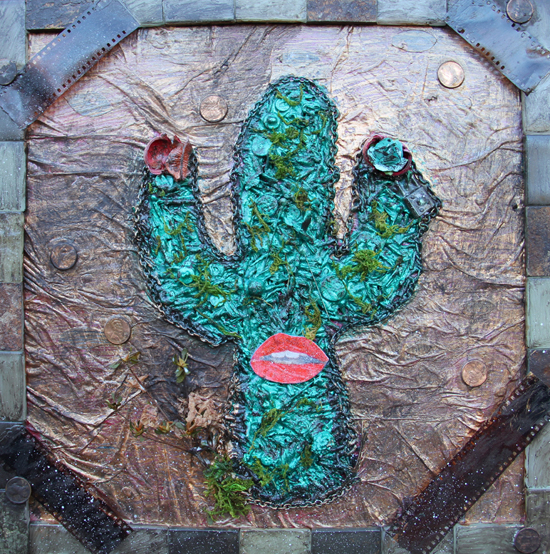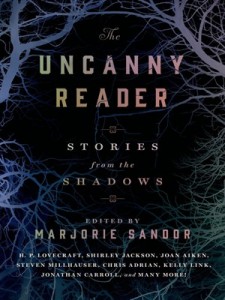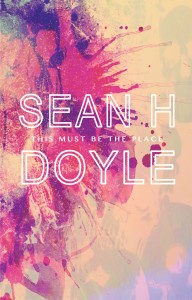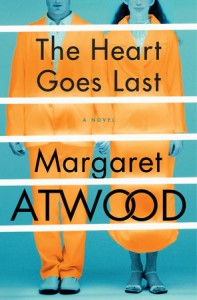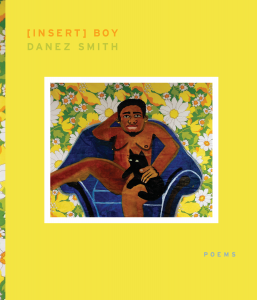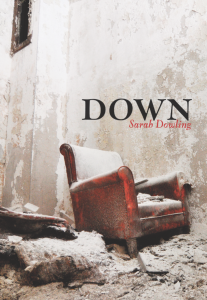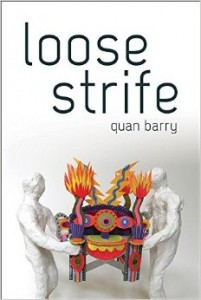
Houghton Mifflin Harcourt
144 pages, $21.00
Review by Lacey Rowland
When I was a child, I used to play with my friend in a pasture near our developing neighborhood. We lived in a part of town outside the city limits in rural, southern Idaho. The areas we played in were often under construction, but frequently abandoned due to funding. These places, the half-finished houses, the construction areas that harbored nails and other potentially dangerous items, were our summertime playgrounds. They were the places where we learned what trespassing was, and how to maneuver around it. In the pastures, we would bring along stepladders and try to summit horses that were not bred for riding, or had not yet been broken. Whether our parents were aware of our adventures, I’ve never been brave enough to ask, but there is something in my childhood, this space I once lived in that doesn’t exist in the same way for children today.
In her book, Savage Park: A Meditation On Play, Space, And Risk For Americans Who Are Nervous, Distracted, And Afraid To Die, Amy Fusselman explores the space and world of play. Fusselman invites us to embrace our inner-child, to overcome our fears of death and purpose, while also showing us that, despite living in a world that seems to have everything figured out, there is still so much left for us to uncover. With her whimsical prose, Fusselman takes us with her on the high-wire with famed artist Phillip Pettit, and into the parks of Tokyo, where children romp through “adventure parks,” areas where open fires and sharp tools are at their disposal. Continue reading →
![[PANK]](https://pankmagazine.com/wp-content/themes/pank/assets/images/pank-logo-large.png)

